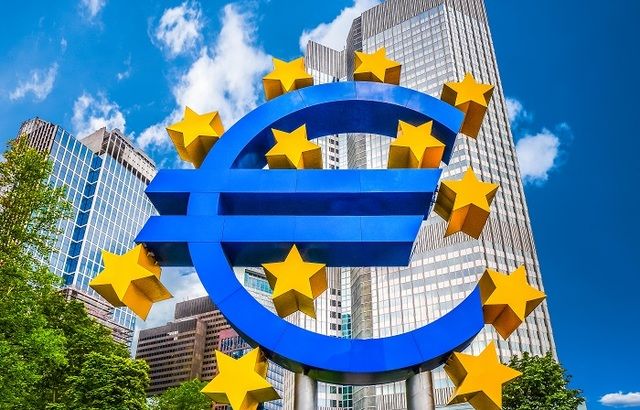The key question of how and when the ECB will start to unwind quantitative easing (QE) remains high in people’s minds.
Ariel Bezalel, head of strategy, fixed income and manager of the Jupiter Strategic Bond Fund, believes the effects of monetary tightening will be deflationary and likely have a negative impact on the economy and risk assets that were buoyed by quantitative easing.
He said: “The next few months are likely to be dominated by headlines around central banks. In Europe, the ECB may signal a more hawkish approach following consistently strong data across the eurozone.”
Charlie Diebel, head of rates at Aviva Investors, said it was likely the ECB will begin to taper QE.
“The later the end of QE, the more benign the reaction will be,” he said.
“Investors were preparing themselves for asset purchases to fall to around €40bn a month for six months, but now it seems more likely that the ECB will opt for a more slow and steady fall to €30bn a month for nine months.
“Central bankers are likely to proceed with caution because they are wary that any bold announcement around QE could trigger an event like the taper tantrum of 2013. Whatever the ECB does, it will not want to undermine the gradual increase in inflation.
“All the signals of a recovery are present in the eurozone, but the central bank is still worried about the sustainability of rising inflation.”
However, David Simner, portfolio manager, fixed income at Fidelity International, takes a more optimistic view and said it will help central banks return to normal.
“‘Unorthodox’ monetary policy tools have largely served their purpose and are clearly no longer needed. By removing stimulus, central banks are very gradually returning to a more normal policy stance, and are providing more leeway for conventional policy tools to be deployed later if required.”
He added: “Over the past months, expectations have shifted towards a “lower for longer” approach by the ECB, with a smaller amount of monthly purchases paired with a longer extension of the QE programme.
“Going into the ECB meeting, the risks appear skewed towards a more hawkish surprise by Draghi, particularly given the ongoing cyclical rebound across the eurozone. However, with inflation still lagging and far from the ECB target, lack of wage pressures and risks of renewed euro strength, Draghi will likely have to err on the side of caution.”







